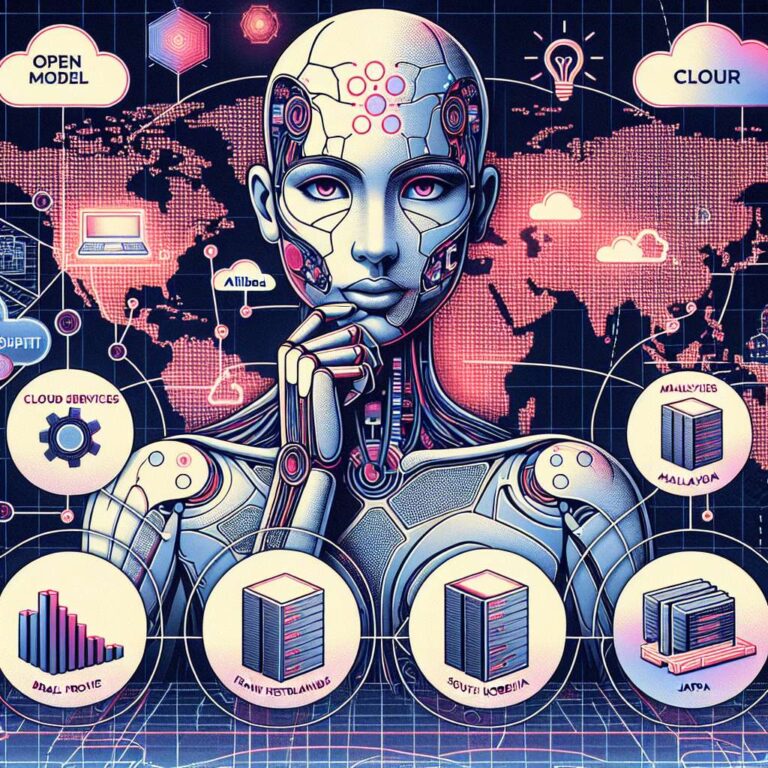The article argues that one of the defining stories of the 2020s in artificial intelligence is the rise of Alibaba’s Qwen. It places this within the broader United States-China competition, contending that China now leads in open-weight large language model innovation in 2025. Since the “DeepSeek moment” in January 2025, the Alibaba Cloud team has rapidly iterated across open-weight models, culminating in Qwen3-Next. Alongside model progress, Alibaba recently announced a partnership with Nvidia and is ramping capital expenditures in artificial intelligence infrastructure and global datacenter projects beyond prior expectations.
Public market enthusiasm mirrors the strategy. Alibaba’s American depositary receipts are up 112 percent year to date, a move the article links to bold infrastructure plans unveiled at the Apsara Conference 2025. Alibaba Cloud said it will launch its first data centers in Brazil, France, and the Netherlands, with additional facilities planned in Mexico, Japan, South Korea, Malaysia, and Dubai over the coming year. Framing the company as aiming to be the “Google of artificial intelligence” in China, the piece highlights a full-stack approach that combines open-source models, cloud services, and artificial intelligence infrastructure. As Alibaba Cloud executive Dr. Feifei Li put it, the global buildout is designed to meet accelerating demand from forward-thinking customers.
The expansion also carries geopolitical weight. Initial entries into the Netherlands, France, and Brazil are presented as a sign of China’s growing footprint in Europe and South America. The article casts these moves as part of a broader shift in the artificial intelligence landscape, where Chinese labs push cost-effective open-weight models and transition toward agentic products. The momentum underscores how infrastructure location and accessibility are increasingly strategic variables in artificial intelligence adoption and influence.
Zooming out, the authors contend Alibaba is now executing on large language models at a level comparable to Google in 2025, with Qwen amplifying the post-DeepSeek trajectory that earlier internal warnings from Google employees suggested could erode traditional moats. Inside Alibaba, the slogan “Make Alibaba Great Again” has circulated for more than a year, and the combination of rapid model iteration, aggressive datacenter rollouts, and a strong stock performance is presented as evidence that the revival is taking hold.

